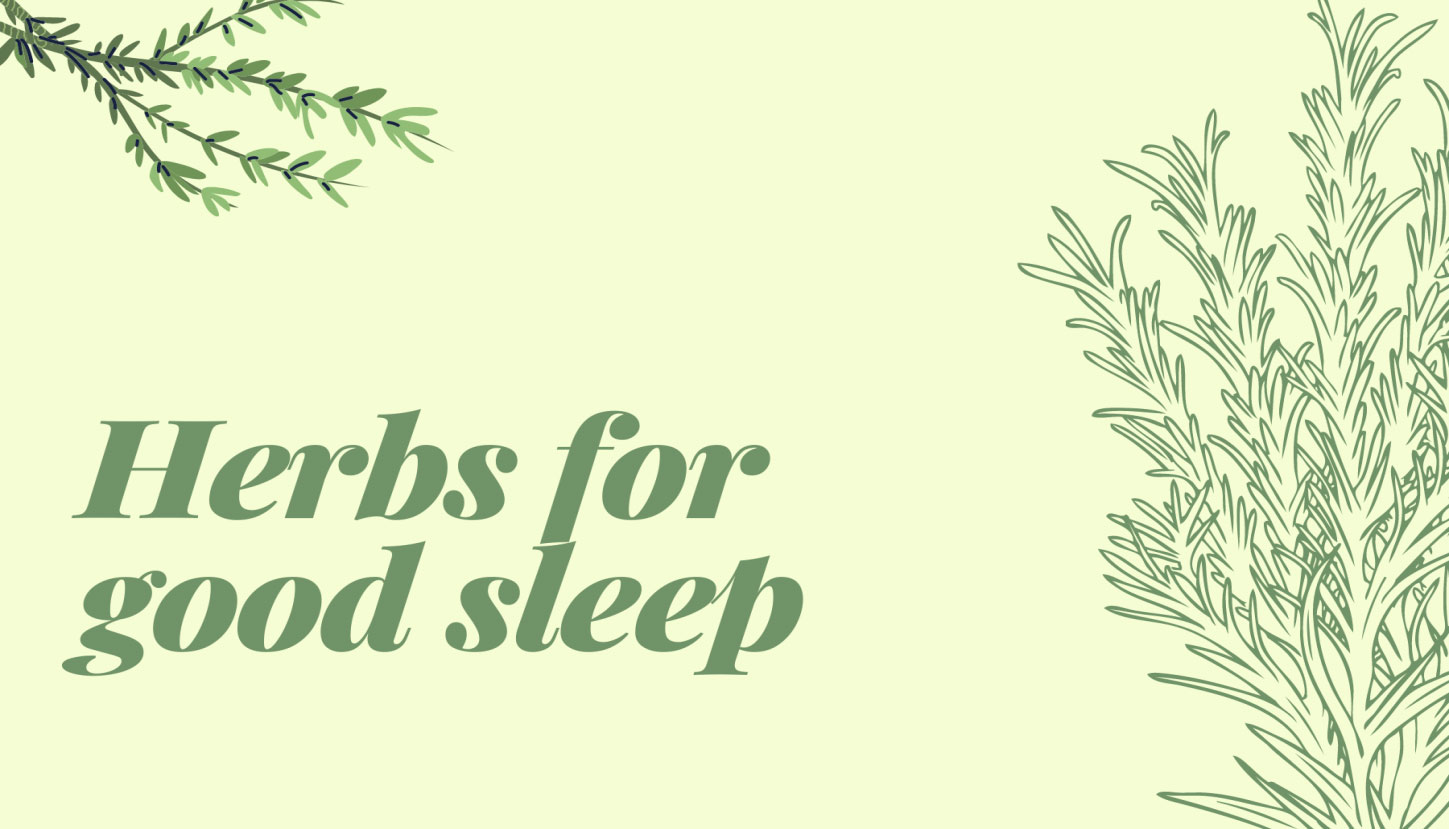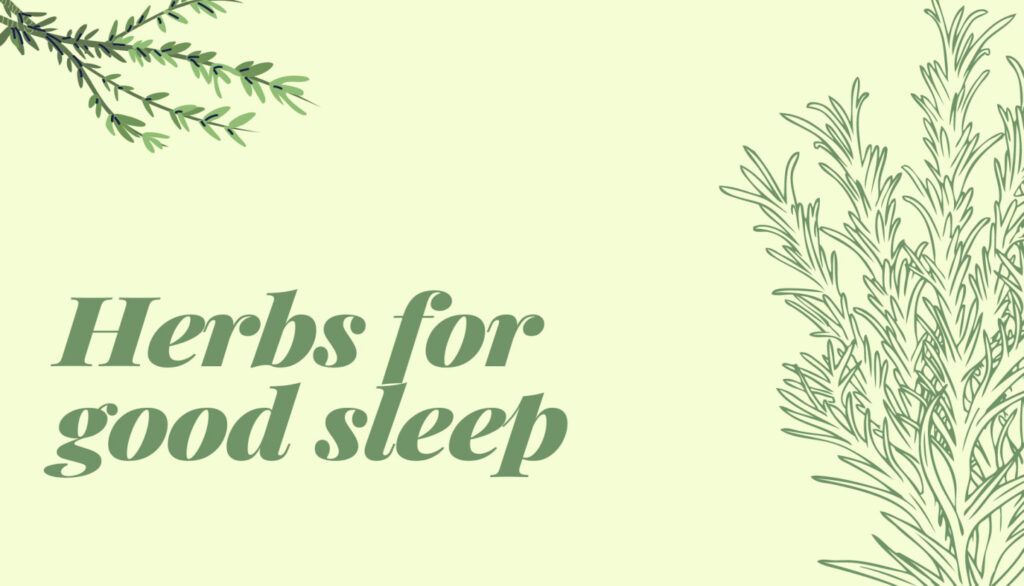
6 Ayurvedic herbs for good sleep and depression
According to Ayurveda sleep is a basic desire of life that all living beings require. Our body, mind, and spirit must be rejuvenated and reenergized. Sleep is not just closing eyes and having rest but it is more like quality rest which you need after all the hassle you go through the entire day it should be peaceful and relaxing for your body. But it is not the case with most people nowadays as some people are facing anxiety issues, depression, or insomnia having sleep is not easy task-negative thoughts, your failures professional and personal issues everything starts haunting you by the time you try to sleep.

What is the relation between bad sleep cycle and depression?
Depression is an emotional disorder and if you don’t sleep on time or you aren’t having sound sleep then it may lead to depression this is how they relate. It can be because of stress or peer pressure maybe negative thinking or your failures overpowering you and restricting you from having a sound sleep.
Ayurveda on sleep and depression
Ayurveda is a historical Indian medical system. It attempts to maintain health and wellness by balancing the mind, body, and spirit and it not just cure the disease but impede the disease wholly.
According to ayurveda cause of disease or any kind of body issue is related to imbalance of enegies which are of three types as follow:
- Kapha(water,earth)
- Vata(wind)
- Pitta(fire)
The kapha dosha rules sleep, resulting in a heavy feeling of exhaustion. And if Kapha cause exhaustion or feel of tiredness then it’s ideal to wake up before sunrise and sleep before 10 p.m., according to the Ayurvedic clock.
It’s also crucial to leave at least two hours between dinner and bedtime. Dinner should be served at 7 p.m. If you’re having a late dinner, have something light in dinner and eat at least two hours before bedtime.
According to Ayurveda, it tough to feel light or relaxed when Vata level is increased in our bodies and our minds are overworked with too many thoughts. In such cases it’s critical to alleviate stress in our mind, which then aid in sleep induction.
Kapha:
The major constituent of energy kapha is water and earth. Although Kaphas require less sleep than Vatas or Pittas, they tend to sleep excessively, resulting in an imbalance that increases the inclination to tiredness and exhaustion.
If you too have an excessive kapha like newborn babies try setting up an alarm and wake up early sunrise.
You should intake fresh and warm food like green vegetables and soups also avoid sweets after dinner.
After dinner, go for a light walk to assist boost digestion. It’s also beneficial for kapha types to incorporate strenuous exercise into their daily routine.
Warming and revitalising oils like eucalyptus, rosemary, and ginger are good choices for smells.
Must follow steps to pacify Kapha:
- Get up early.
- It is recommended have bitter and warm foods.
- At dinnertime, stay away from sweets.
- After dinner, go for a light walk to help your digestion.
- Exercise on a regular basis.
- Aromas like eucalyptus, rosemary, and ginger are energizing.
VATA:
Vata energy is linked with movement, space, and air. It supports creative expression when it is balanced, but an imbalance can create worry and fear.
Individuals with severe vata should consume items that stimulate kapha in the body.
Such foods are as follow:
- dairy
- coconut milk
- meaty soups and stews
- avocado
- butter and ghee
- rice porridge
Foot massages or full-body abhyanga massages with cooling oils such as Mahanarayan Thailam or brahmi oil will help you to have sound. For head Pitta is the energy that represents the body’s internal metabolic system, which allows the stomach to digest food and absorb nutrients, maintain physical homeostasis, and control temperature. When this energy is out of balance, it can cause jealously and resentment.Too much activity can stimulate the vata dosha. If your vata is high, avoid watching TV or using your phone an hour before night, and avoid exercising in the evening.
Maintain sufficient ventilation and darkness in your bedroom for a restful night’s sleep. Scented candles, such as chamomile, lavender, sweet orange, or eucalyptus, can also be beneficial.
Follow steps below to balance VATA:
- An oil massage will nourish your body and mind.
- Warm foods, such as meat soup and warm milk, should be consumed.
- Reduce your activity, particularly an hour before bedtime.
- Chamomile, lavender, and sweet orange are all calming scents that you should try
- Check to see if the room is appropriately ventilated.
PITTA:
Pitta energy is which represents the body’s internal metabolic system, it allows the stomach to digest food and absorb nutrients, maintain physical homeostasis, and control temperature. When it get imbalanced then it can cause jealously and resentment.
In case of higher level of pitta, you may have trouble sleeping if your work stress is excessive or your food contains too much acid.
Eat cooling meals like fresh fruits and dates to calm pitta, and have a moderate to hefty meal. Because pitta-dominant persons have a strong digestive fire, they may wake up hungry in the middle of the night if they don’t eat before bed. If pittas eat a late meal and are still hungry before bedtime, a light snack of puffed rice or a glass of buttermilk is suggested.
Follow below steps to pacify PITTA:
- Before going to bed, drink a glass of warm milk with ghee.
- Sweet aromas like jasmine and rose are your favourites.
- By 11 p.m., you should be in bed.
- Try massaging your feet with warm ghee.
- Cooling items, such as fresh fruit and dates, should be consumed.
Six Ayurvedic Herbs For Good Sleep And Depression:
1. Ashwagandha:
For millennia, Ashwagandha has been used in Ayurvedic medicine to treat depression. It aids in the relief of all patients and those who suffer from anxiety and depression on a regular basis. Consumption of extracts from the Ashwagandha plant slows the deterioration of brain cells, lowering the risk of Alzheimer’s disease and other mental illnesses.
Ashwagandha may be a good herbal therapy for people who have a Vata imbalance (which makes it difficult to relax and sleep at night). Ashwagandha has been demonstrated to be a highly effective treatment for anxiety and stress in studies. Many people enjoy these effects as a natural way to help them fall asleep without the bad side effects of addiction.
2. Chamomile:
Chamomile is a well-known Ayurvedic sleep medication. It’s a fantastic anti-stress plant that’s been used to cure insomnia for generations. Chamomile has a relaxing impact on the body right away. It’s pretty moderate, so it’s suitable for most individuals. It relaxes the muscles and soothes the nerves, as well as providing modest pain relief. It’s available as a tea, a pill, or a tablet.
This medicine is often consumed as a tea, and studies have shown that frequent usage of chamomile not only improves sleep quality but also lowers depressive symptoms.
3. Valerian Root:
Valerian root herb has been shown to interact with brain chemicals connected to both disorders. According to one study, valerian root consists a flavonoid called linarin, which has strong sedative and sleep-enhancing properties. The herb’s potent ability to relieve anxiety and calm the mind, which may help promote more restful sleep throughout the night.
4. Shankhpushpi:
Shankhpushpi is a herb rich in flavonoids, glycosides, and alkaloids that aid to calm the nervous system and relieve mental tiredness. It functions as a natural tranquillizer for anxiety neurosis, and it also aids in better sleeping.
Many people swear by shankhpushpi for insomnia, and many more praise it for its ability to alleviate the symptoms of respiratory ailments like bronchitis and asthma.
5. Lavender:
Lavender is an Ayurvedic medication that can help you sleep better. Because it has a calming impact on the mind, this pleasant-smelling herb has been used since so long to cure insomnia. Simply add 2 drops to your diffuser or pour 2 drops over your bedsheet to utilise it as an aromatherapy ingredient. Before heading to bed, you can also have a soothing cup of warm lavender tea.
Conclusion:
If you are facing issues like insomnia, stress or depression use the above herbs and feel better but in severe cases you must seek help from the Doctor.
Navigate to this page for more details about this new blog.
